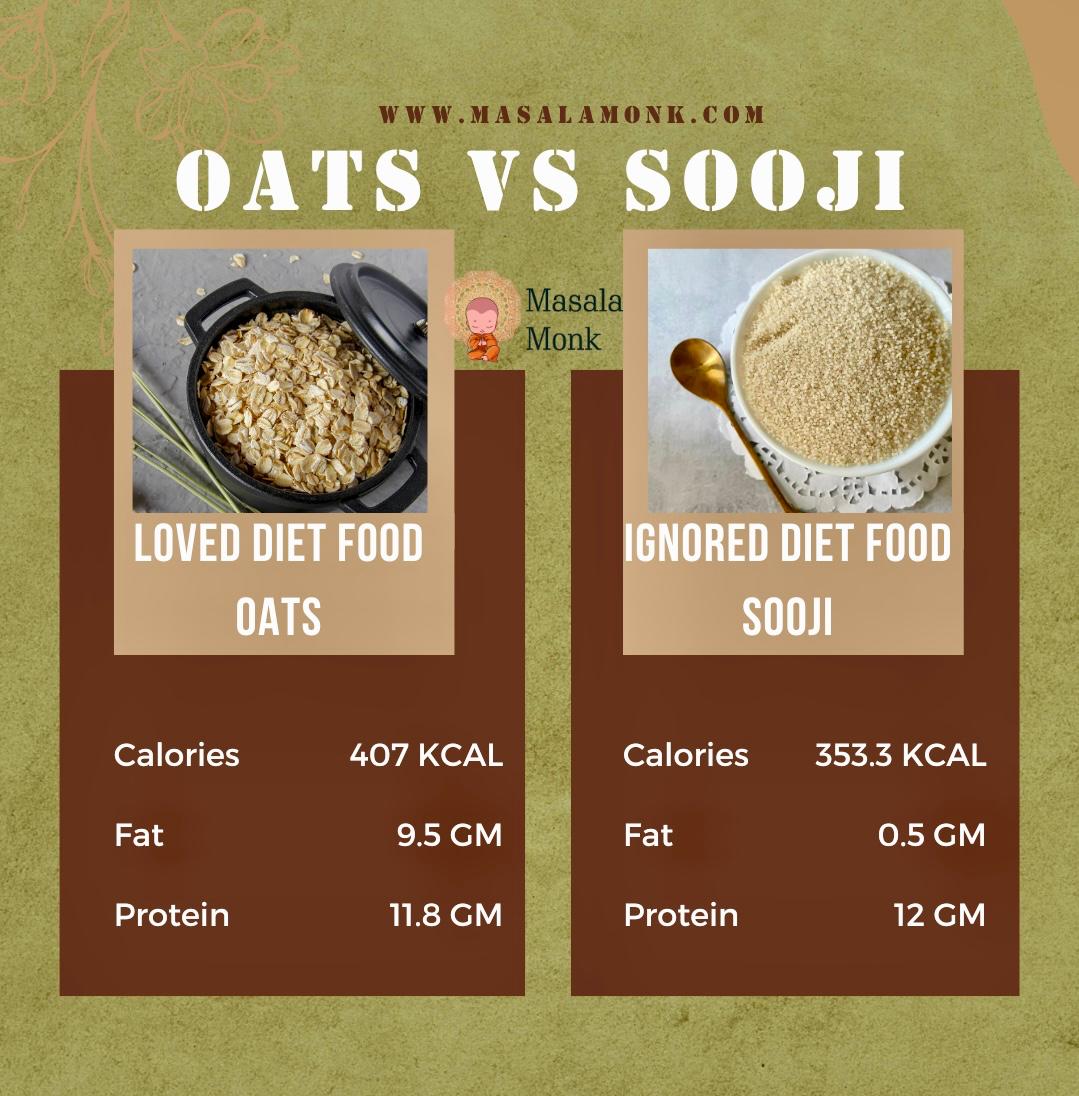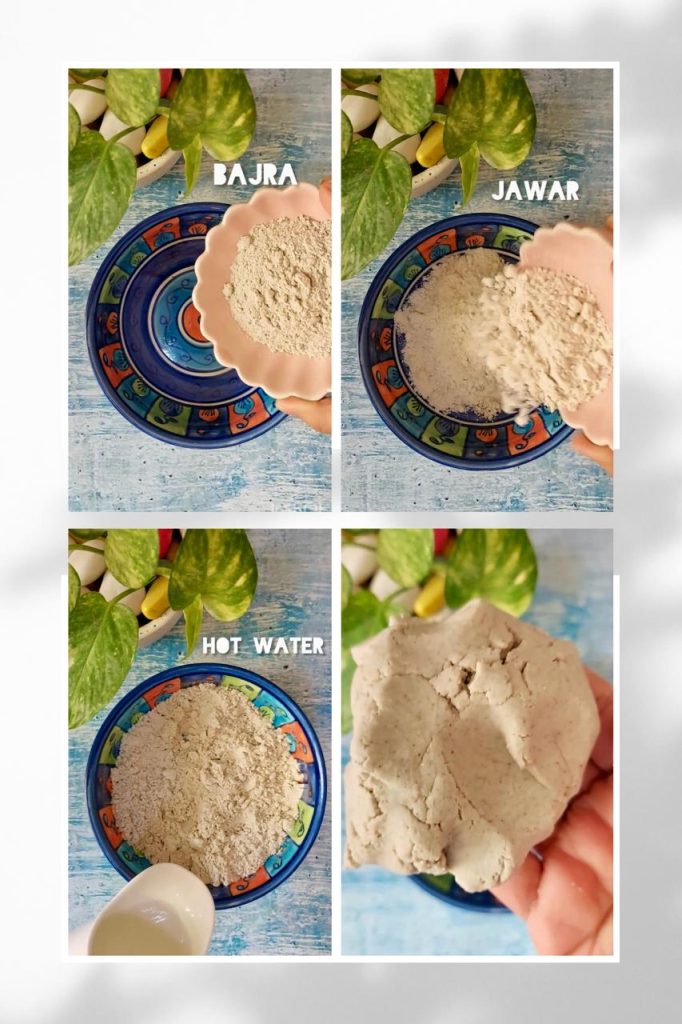
Bloating is a widespread issue characterized by an uncomfortable feeling of fullness, tightness, or swelling in the abdomen. This sensation can result from various factors, including dietary habits, digestive disorders, hormonal changes, and lifestyle choices. While occasional bloating is usually harmless and can be a normal part of digestion, frequent or severe bloating can significantly impact one’s quality of life, causing physical discomfort and emotional distress.
Understanding the underlying causes of bloating is crucial for managing and preventing it effectively. Common dietary triggers include:
- Consuming large meals
- Eating too quickly
- Indulging in gas-producing foods such as beans, carbonated drinks, and certain vegetables like broccoli and cabbage.
Additionally, food intolerances and sensitivities, such as lactose intolerance and gluten sensitivity, can contribute to bloating. Beyond dietary causes, other factors such as stress, lack of physical activity, and the use of certain medications can also lead to bloating.
Fortunately, making mindful dietary choices and incorporating specific foods into your diet can help reduce bloating and promote a healthier digestive system. These foods often have properties that:
- Aid in digestion
- Reduce gas production
- Prevent water retention
By understanding the benefits of these foods and how to incorporate them into your daily meals, you can take proactive steps towards managing and preventing bloating.
In this guide, we will explore a variety of foods that have been shown to help reduce bloating. From fruits and vegetables to herbs and beverages, these natural remedies can provide relief and support overall digestive health. By incorporating these foods into your diet, you can enjoy the benefits of a more comfortable and energized lifestyle.
Let’s dive into the list of debloating foods and discover how they can help you feel your best:
Foods That Help You Debloat: Detailed Information
1. Kiwi
Kiwi is not only delicious but also packed with digestive enzymes like actinidin, which help break down proteins and ease digestion. This tropical fruit is also high in fiber, aiding in regular bowel movements and reducing bloating. Additionally, kiwi is rich in vitamins C and E, antioxidants that help reduce inflammation and improve overall digestive health.
2. Cantaloupe
Cantaloupe is rich in antioxidants and has a high water content, making it a great choice for hydration and reducing water retention. Its natural diuretic properties help flush out excess fluids, which can contribute to bloating. The high levels of vitamins A and C in cantaloupe also support a healthy immune system and improve skin health, further enhancing your overall well-being.
3. Bananas
Bananas are a good source of potassium, which helps regulate sodium levels in the body and prevent water retention. They also contain resistant starch, a type of carbohydrate that promotes the growth of beneficial gut bacteria. This helps improve digestion and reduce bloating. Additionally, bananas provide a quick source of energy and are easy to digest, making them a perfect snack for those experiencing digestive discomfort.
4. Asparagus
Asparagus acts as a natural diuretic, helping to flush out excess water and reduce bloating. It also contains prebiotics, which support a healthy gut microbiome and improve digestion. Asparagus is high in fiber and antioxidants, which aid in detoxification and promote overall digestive health. Including asparagus in your meals can help regulate bowel movements and reduce bloating.
5. Lemon
Lemon juice can stimulate digestive enzymes and bile production, aiding in the breakdown of food and reducing bloating. Adding lemon to your water can help detoxify your system and keep you hydrated. Lemons are also rich in vitamin C, which supports immune function and skin health. Drinking warm lemon water in the morning can kickstart your digestion and help reduce bloating throughout the day.
6. Cucumber
Cucumbers are high in water content and low in calories, making them a refreshing choice for reducing bloating. They contain an antioxidant called quercetin, which has anti-inflammatory properties. Cucumbers also help to cool the body and reduce puffiness, particularly around the eyes. Including cucumbers in salads or as a snack can help keep you hydrated and reduce bloating.
7. Ginger
Ginger is well-known for its digestive benefits, including reducing inflammation in the gut and promoting the movement of food through the digestive tract. It can also help relieve gas and bloating. Ginger contains gingerol, a compound with powerful anti-inflammatory and antioxidant effects. Drinking ginger tea or adding fresh ginger to your meals can help soothe your digestive system and reduce bloating.
8. Peppermint
Peppermint has a calming effect on the digestive system and can help relax the muscles of the gastrointestinal tract, reducing bloating and discomfort. Peppermint tea is a soothing way to incorporate this herb into your diet. The menthol in peppermint also helps to alleviate gas and improve overall digestion. Sipping on peppermint tea after meals can help prevent bloating and promote a sense of relaxation.
9. Tea
Certain types of tea, such as green tea, peppermint tea, and ginger tea, can aid digestion and reduce bloating. These teas contain compounds that help relax the digestive muscles and promote the passage of gas. Green tea, in particular, contains catechins, which are antioxidants that can help reduce inflammation and improve digestion. Drinking a warm cup of tea can be a comforting way to alleviate bloating and improve digestive health.
10. Avocado
Avocados are rich in healthy fats and potassium, both of which help reduce bloating. The fiber in avocados also promotes healthy digestion and regular bowel movements. Additionally, avocados contain anti-inflammatory compounds that help soothe the digestive tract. Including avocados in your diet can provide a creamy, nutritious addition to meals that supports overall digestive health.
11. Fennel
Fennel has been used for centuries to relieve bloating and gas. Its compounds, such as anethole, help relax the gastrointestinal muscles and reduce gas buildup. Fennel seeds can be chewed after meals or brewed into tea to help alleviate bloating and improve digestion. Fennel also has a mild, licorice-like flavor that can enhance the taste of many dishes.
12. Pumpkin
Pumpkin is high in fiber and potassium, making it an excellent food for reducing bloating. The fiber helps keep your digestive system moving smoothly, while the potassium helps balance sodium levels. Pumpkin also contains beta-carotene, an antioxidant that supports overall health. Including pumpkin in your diet, whether in soups, stews, or as a roasted vegetable, can help maintain a healthy digestive system and reduce bloating.
Conclusion
Incorporating these foods into your diet can help alleviate bloating and promote a healthier digestive system. By understanding the unique benefits of each food, you can make informed choices that support better digestion and reduce discomfort. Remember to stay hydrated, eat slowly, and avoid overeating to further prevent bloating.
By making mindful food choices and incorporating natural debloating foods like kiwi, cantaloupe, bananas, asparagus, lemon, cucumber, ginger, peppermint, tea, avocado, fennel, and pumpkin, you can enjoy a more comfortable and energized day-to-day life.
Feel free to experiment with these foods and find the combinations that work best for you. Whether you enjoy them in smoothies, salads, teas, or as simple snacks, these foods can make a significant difference in how you feel.
Thank you for reading! We hope these tips help you achieve a happier, healthier digestive system. If you have any questions or additional tips, please share them in the comments below.
FAQs
- Q: How quickly can these foods reduce bloating? A: The effects can vary depending on the individual and the cause of bloating, but you may start to notice improvements within a few hours to a few days of incorporating these foods into your diet.
- Q: Can I consume these foods daily? A: Yes, most of these foods can be safely consumed daily as part of a balanced diet. However, it’s always best to listen to your body and consult with a healthcare professional if you have any concerns.
- Q: Are there any foods that can worsen bloating? A: Yes, certain foods like beans, carbonated drinks, and high-fat or fried foods can contribute to bloating. It’s important to identify your triggers and limit or avoid them if necessary.
- Q: How much water should I drink to help reduce bloating? A: Staying well-hydrated is crucial for reducing bloating. Aim to drink at least 8 glasses of water a day, but individual needs may vary based on activity level, climate, and overall health.
- Q: Are there any lifestyle changes that can help reduce bloating? A: Yes, regular physical activity, stress management, eating slowly, and avoiding large meals can help reduce bloating. Also, avoiding chewing gum and smoking can prevent swallowing excess air.
- Q: Can certain supplements help with bloating? A: Probiotics, digestive enzymes, and peppermint oil supplements are known to help some people with bloating. However, it’s best to consult with a healthcare professional before starting any new supplements.
- Q: How do I know if my bloating is caused by a food intolerance? A: If you suspect a food intolerance, try keeping a food diary to track what you eat and any symptoms you experience. An elimination diet or consulting with a healthcare professional can help identify specific intolerances.
- Q: Are there any specific ways to prepare these foods to enhance their debloating effects? A: Eating these foods raw, in smoothies, or lightly cooked can preserve their nutrients and enhance their debloating effects. For example, brewing ginger or peppermint tea can be particularly soothing for digestion.
- Q: Can stress cause bloating, and how can I manage it? A: Yes, stress can affect your digestive system and contribute to bloating. Practices like yoga, meditation, deep breathing exercises, and regular physical activity can help manage stress levels.
- Q: When should I see a doctor about my bloating? A: If your bloating is persistent, severe, or accompanied by other symptoms like pain, weight loss, or changes in bowel habits, it’s important to seek medical advice to rule out any underlying conditions.



















